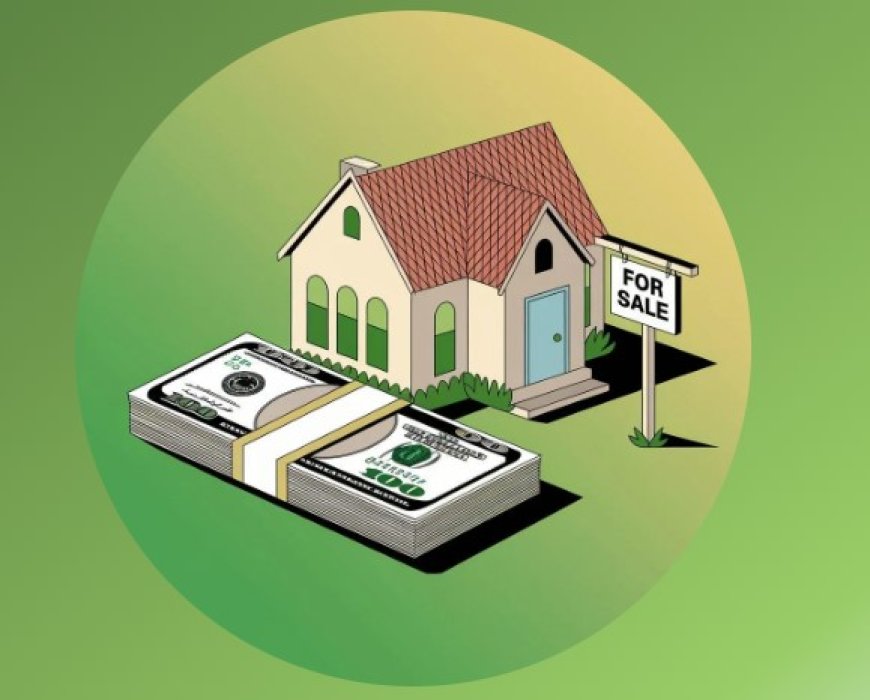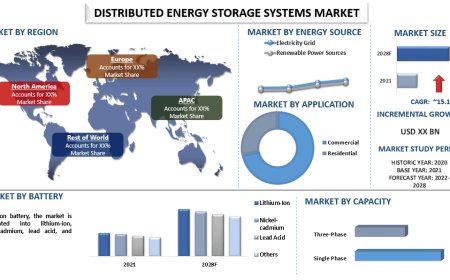How to Use a Mortgage Payment Calculator for Your Virginia Dream Home
Use a Mortgage Payment Calculator Virginia to estimate costs accurately. Learn how to input the right info, compare loan types, and plan for your dream home.

Why Every Virginia Homebuyer Needs a Reliable Payment Estimate
Virginias landscape stretches from mountain towns and rural farms to coastal cities and high-rise condos. That diversity makes homebuying excitingbut it also creates a wide range of prices, property taxes, insurance requirements, and loan scenarios. Before you jump into bidding wars or start house hunting in earnest, there's one step that puts you in control financially: using a Mortgage Payment Calculator Virginia.
This tool doesnt just estimate your monthly billit helps you make smarter decisions, avoid overbudgeting, and fine-tune your homebuying strategy.
Start With the Property Price
Every calculator needs a starting number. The home price you enter sets the stage for your loan amount, interest charges, and overall affordability. Be realisticwhether you're looking at a $250,000 home near Lynchburg or considering a $650,000 townhouse in Arlington, base your calculation on actual listings.
You can also input prices higher and lower than your target range to compare how far your budget stretches and where it starts to feel tight.
Add Your Down Payment Details
Next, plug in your down payment. Depending on your loan type, this could be:
-
0% if you're using a VA loan
-
3.5% for an FHA loan
-
5% to 20% for conventional loans
Calculators often allow you to enter either a percentage or a dollar amount. Increasing your down payment shrinks your loan balance, which lowers your monthly cost and could eliminate private mortgage insurance (PMI).
Virginia tip: Many buyers with VA eligibility choose zero down, but running scenarios with different down payments helps you see potential savings long-term.
Choose Your Loan Term Wisely
Most buyers default to a 30-year mortgagebut if you can afford higher monthly payments, shortening to a 15-year term saves a substantial amount in interest. A good calculator lets you switch between loan terms and instantly shows the impact.
In Virginias higher-priced areas like Northern Virginia or Charlottesville, balancing payment size and loan length helps buyers stay flexible while building equity faster.
Input the Interest Rate That Reflects Market Reality
Interest rates dont just affect your budgetthey define it. A 1% difference in rate can raise or lower your payment by hundreds each month. Dont rely on outdated defaultsuse the most current rate available to you.
Smart move:
-
Get prequalified by a lender for a personalized rate
-
Plug in several options (e.g. 6.5%, 6.75%, 7.25%) to see how changes impact your monthly cost
Interest rates vary dailyso updating them in your calculator keeps your numbers relevant.
Dont Forget About Virginia Property Taxes
Heres where local nuance matters. Property tax rates in Virginia are set at the county or city level. Loudoun County may charge around 1.09%, while Bedford County is closer to 0.52%. That difference has a big impact on your monthly escrow payments.
Look up the rate for your desired location and enter it manually into the calculator. Some calculators let you input the annual tax amount or convert a percentage based on the home price.
This step ensures you dont underestimate your housing costsespecially if your taxes are rolled into escrow.
Include Homeowners Insurance to See the Full Picture
Home insurance rates depend on factors like location, home size, age, and whether you're in a high-risk area (e.g. flood zones). Coastal homes near Virginia Beach and Hampton often carry higher premiums due to storm exposure.
For better accuracy:
-
Request sample quotes based on property characteristics
-
Input the estimated annual premium and break it down monthly
Even though its a separate bill from your mortgage, insurance is part of the full housing budgetand many lenders include it in escrow.
Account for HOA Fees If Youre Buying in a Managed Community
Virginia has plenty of homes with homeowners associationsfrom townhouse developments in Alexandria to condo units in Richmond. HOA fees range from $50 to several hundred dollars monthly.
If your property has dues, include them in your monthly total. HOA fees cover things like landscaping, maintenance, amenities, and sometimes insuranceso factor them into your decision-making.
Ignoring HOA costs might make the home seem more affordable than it actually is.
Factor in PMI or VA Funding Fee Where Needed
Private mortgage insurance (PMI) applies to conventional loans with less than 20% down. A reliable calculator may estimate it automaticallyor give you a field to enter it manually.
Likewise, VA loans include a one-time VA funding fee based on service status and down payment size. This can be rolled into the mortgage, increasing your monthly payment slightly.
Be sure to include these in your calculation to avoid underestimating expenses. The calculator should reflect what your actual lender might require.
Test Different Scenarios to Strengthen Your Strategy
Calculators shine when used for more than just one quick estimate. Try these comparisons:
-
A starter home vs. your long-term dream home
-
A conventional loan with 10% down vs. a VA loan with 0%
-
A 30-year loan at 7% vs. a 15-year loan at 6.5%
Youll begin to see which variables offer real savingsand which stretch your budget too far. These insights help you refine your wishlist and know where compromise makes sense.
Use the Calculator to Inform Conversations With Lenders and Agents
The best buyers arent just preapprovedtheyre prepared. Showing your agent or lender what youve calculated proves you understand the costs involved and are ready to act. It also helps guide negotiations and avoid wasted time on homes outside your true range.
Plus, having solid numbers gives you confidence in competitive markets like those near D.C., where quick decisions are often necessary.
Final Thoughts: Its Not Just a CalculatorIts a Planning Tool
Using a Mortgage Payment Calculator Virginia isnt about getting a magic number. Its about building a financial framework that supports smart decisions, realistic goals, and a home you can afford without stress.
Take time to adjust the fields. Input location-specific data. Use it throughout your journeynot just once. And most importantly, let the insights it gives you lead to smart conversations and long-term success.
Whether your dream home overlooks the Chesapeake or sits in the heart of a quiet Appalachian town, a well-used calculator helps you get there with clarity and confidence.




































